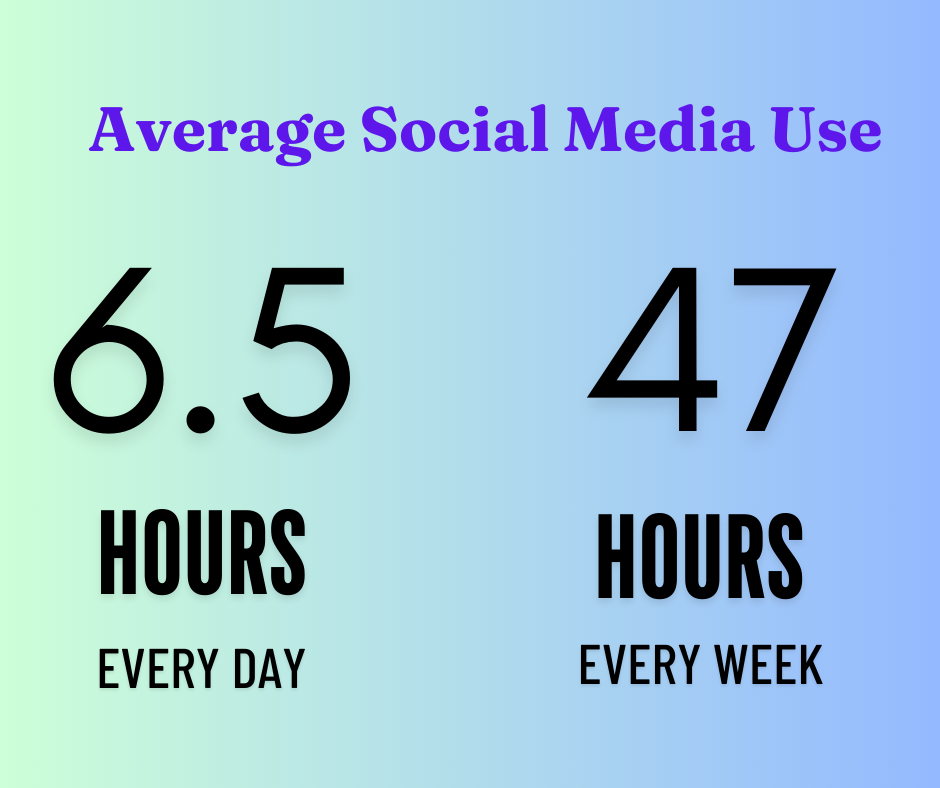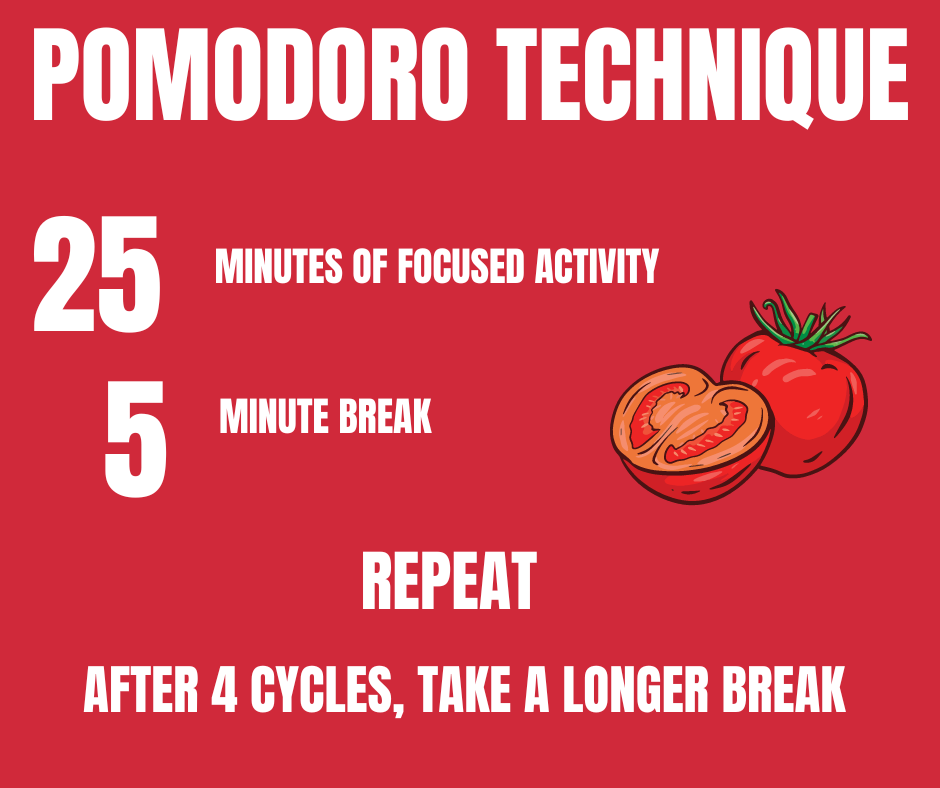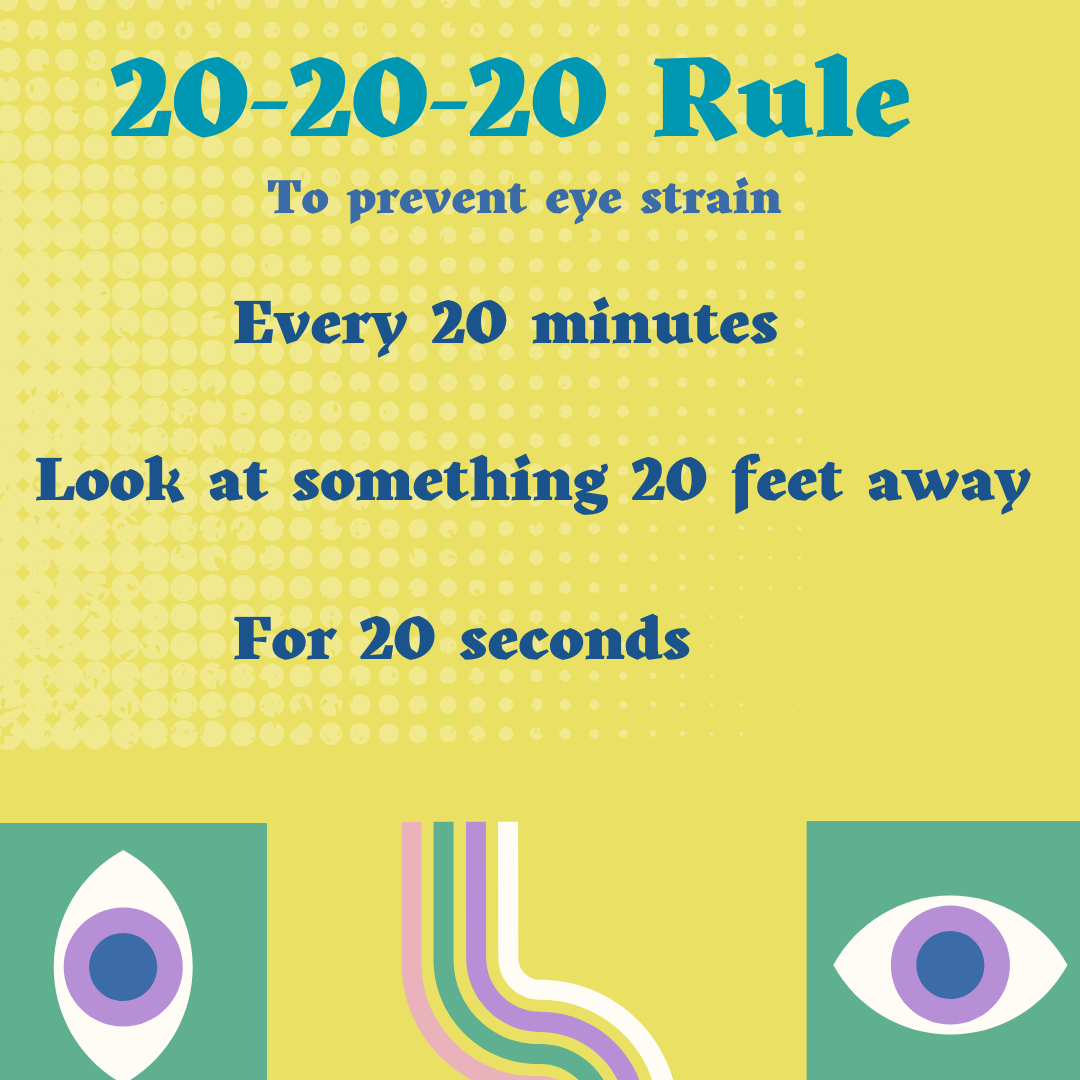
Conquer Reading Fatigue: 6 Proven Tips
Strategies to Regain Focus and Boost Reading Stamina
I’ll let you in on an embarrassing secret I have as a writer – sometimes I struggle to find the focus to read!
As a kid, I’d spend hours reading a good book. Now I struggle to focus for more than a few minutes.
You, too?
Our attention spans have decreased by 25% since 2000 according to Microsoft.
But there is hope!
Let’s get into some proven strategies to regain focus and boost your motivation to read books, articles, and more.
What is Reading Fatigue?
Reading fatigue is a state of mental exhaustion or tiredness when reading. It affects readers despite their interest level in the material they are trying to read.
Reading fatigue often manifests in a lack of motivation, focus, and attention and may result in frustration and apathy towards reading.
Why Do I Get Tired When I Read?
Social Media
The average person spends over 6.5 hours per day or nearly 47 hours on screens per week!
Social media is designed to have us constantly craving new content for our next dopamine hit. (Just think how many TikToks you can scroll through in an hour!).
So it makes sense that we’re struggling to read anything longer than a tweet.
General Burnout
Focusing on anything is challenging when we’re burnt out or tired. Our brains go into survival mode, and sometimes cognitive tasks like reading become more difficult as our minds beg for a mental break.
Focus on getting enough sleep and scheduling downtime to let your brain rest and recuperate before picking up your next read.
Information and Sensory Overload
We are bombarded with tons of sensory information each time we look at our devices and our brains can be too overwhelmed to process everything at once.
The environment we’re in while reading can also be distracting – noise, notifications, and even factors like the room temperature can impact our ability to focus.
Physical Health Concerns
Do you have dry eyes from staring at screens all day? Or suffer from sensory conditions such as Migraine? These can contribute to reading fatigue.
In addition, improper eye care (like prescription glasses), and poor lighting can make reading a struggle.
Is Reading Fatigue a Diagnosable Condition?
Reading fatigue isn’t a diagnosable condition. However, struggles with focus, attention, and motivation are common in people who have conditions like ADHD, anxiety, depression, learning disorders, post-concussion syndrome, ME/CFS, and many other psychological, neurological, or developmental conditions.
Speak with a health professional if you’re concerned your reading fatigue could be part of another condition.
Six Strategies to Improve Attention and Increase Motivation
1. Maximize your focus
Choose the time of day to read when you are most focused and motivated (morning, early afternoon, etc.) and start with something you LIKE and WANT to read or try an audiobook.
Kindle and Libby also have built-in features for people with Dyslexia that make text more readable. Even if you don’t have Dyslexia, changing the font size or style or switching to continuous pages can help with smoother reading.
2. Minimize distractions
Put your phone in another room, and use tools like Chrome Reader Mode or Focus Me to filter out distractions when reading online content.
Switch from e-books to paper books to minimize digital distractions.
3. Try the Pomodoro Technique
The Pomodoro technique works with our brains’ natural attention patterns.
Try 25 minutes of reading, a 5-minute break, then 25 minutes of reading.
Repeat (if desired) then take a longer break after four cycles.
4. Refresh your mind with brain breaks
Taking a break from reading by doing other activities like walking outside, doing art, spending time with friends/family/pets, doing yoga or meditating, playing music, etc. can activate different brain areas and give you time to refresh.
5. Boost your brain with exercise
Try reading after your daily workout and see the difference! That 20 minutes of exercise really does boost your mood, concentration, focus, and memory.
6. Incorporate vision breaks and ensure you have proper eye care
Eye care specialists recommend the 20-20-20 rule to prevent eye strain:
Every 20 minutes focus your eyes on something 20 feet in the distance for 20 seconds.
For example, you may take your eyes off your laptop to look out the window at a tree across the street.
Visit your eye doctor to ensure you have the correct eyeglass prescription and always use proper lighting while reading.
Will I Ever be Able to Read Normally?
Reading fatigue can be frustrating, disheartening, and even a little embarrassing for those of us who consider ourselves readers.
Key Takeaways to Remember:
✅ You’re not alone, you’re not “stupid”, and this won’t last forever.
✅ You can enjoy reading a book, newspaper, or long article again.
✅ With some practical changes, you can improve your attention and focus.
✅ Stop comparing yourself to others! You don’t have to read 100 books a year to have a healthy relationship with reading.



Post a comment